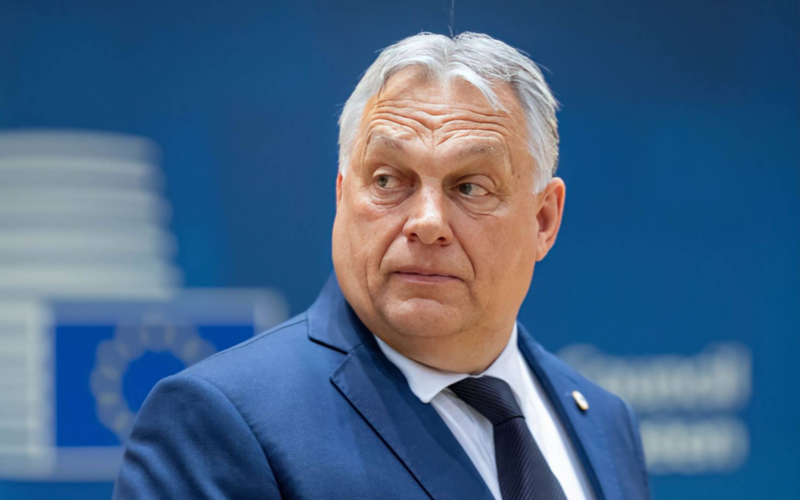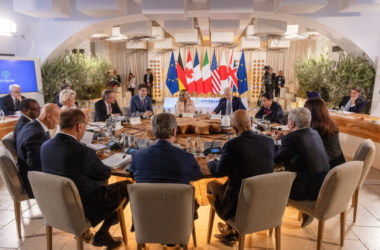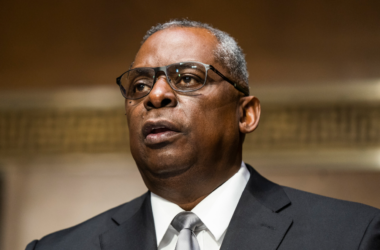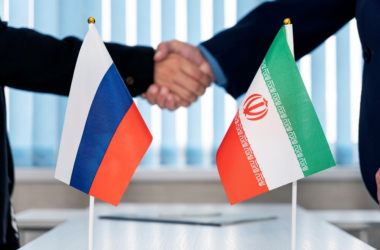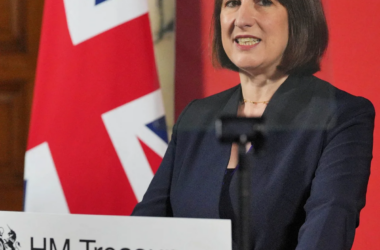In a significant development, Hungary has agreed not to veto NATO’s increased military support for Ukraine, while also deciding not to participate in these efforts.
Key Points:
- Hungary’s Position: Hungary will not veto NATO’s enhanced support for Ukraine but will not participate.
- NATO Summit: Allies expected to agree on a leading role for NATO in supporting Ukraine at the upcoming Washington summit.
- Political Context: Hungary’s recent electoral success and its stance on Ukraine reflect its nuanced approach to the conflict and relations with Russia.
- NATO’s Collective Decision-Making: Hungary’s agreement prevents potential blockage, allowing NATO to proceed with its plans for Ukraine.
NATO Secretary-General Jens Stoltenberg announced on Wednesday that Hungary will neither obstruct nor join the alliance’s expanded assistance to Ukraine. This comes as NATO prepares for a crucial summit in Washington next month, where member states are expected to formalize their roles in supporting Ukraine amid its ongoing conflict with Russia.
During a press briefing in Budapest, Stoltenberg emphasized the strategic importance of NATO’s coordinated efforts in assisting Ukraine with security measures and military training. He outlined expectations for a long-term financial commitment from allies to support Ukraine’s defense needs.
“At the summit, I expect allies will agree on a leading role for NATO in coordinating and providing security assistance and training for Ukraine,” Stoltenberg said. “I also expect allies will agree on a long-term financial pledge to provide military support.”
Hungarian Prime Minister Viktor Orban, who attended the briefing, confirmed Hungary’s stance. He stated that Hungary would not participate in NATO’s initiatives concerning Ukraine but would also not obstruct them. This agreement allows other NATO members to proceed with their plans to support Ukraine without Hungary’s interference.
“Prime Minister Orban has made it clear that Hungary will not participate in these efforts. And I accept this position,” Stoltenberg remarked. “The prime minister has assured me that Hungary will not oppose these efforts, enabling other allies to move forward. And he has confirmed that Hungary will meet all of its NATO commitments in full.”
Orban reiterated Hungary’s position during the briefing, noting that the country was assured it does not have to engage in out-of-area operations. He endorsed the agreement, which effectively ensures that NATO’s plans to enhance support for Ukraine can proceed without Hungary’s participation or veto.
This development marks a notable shift in Hungary’s recent approach, as Budapest has previously been a stumbling block in NATO and EU decisions regarding support for Ukraine and sanctions against Russia. Under Orban’s nationalist administration, Hungary has maintained relatively amicable relations with Russia, distancing itself from the broader Western support for Ukraine.
In a parallel political context, Orban’s Fidesz party recently secured the largest share of votes in the European Parliament elections, although it fell short of an outright majority. Orban has positioned himself as a proponent of peace, criticizing what he perceives as Europe’s escalation toward conflict, and his party’s stance reflects a cautious approach to the Ukraine crisis.
NATO’s collective decisions require unanimous consent from all member countries, which effectively gives each nation a veto power. However, this agreement between NATO and Hungary mitigates the potential for a Hungarian veto, allowing the alliance to advance its support for Ukraine more cohesively. Ukraine, while aspiring to join NATO, remains outside the alliance due to ongoing conflict on its territory, a condition that precludes full membership under NATO’s rules.
The upcoming summit in Washington is expected to further define NATO’s strategy in providing assistance and training to Ukraine, with an emphasis on long-term support amidst the continuing geopolitical tensions with Russia.
This agreement is seen as a diplomatic balance, allowing NATO to continue its support for Ukraine while respecting Hungary’s position within the alliance.




